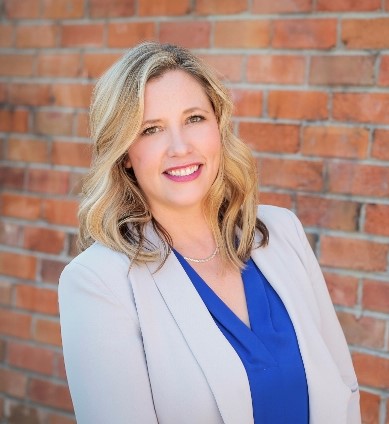Source: Coloradoan.com
We found a great article outlining many questions for home buyers as they start their journey to purchase a home. It is a big task, but can be done! With patience and a great agent there is no telling what can be accomplished through the thrilling experience.
If you’re looking into purchasing a home, read through the questions and educate yourself on the process, because educating yourself may become your number one tool. One article outlining simple questions may not be enough for you, and if that is the case we recommend going through a first-time home buyer program of setting up a consultation with a lender.
Many lenders will offer a FREE, yes that is right, FREE consultation- so take the opportunity! They can pull your credit report and analyze your financial situation ultimately giving you a good idea of what you can afford or what you can do to improve your situation. We have plenty of great lenders to recommend, so do not hesitate to ask!
Q: How can I get my credit report without going to a lender?
A: The state of Colorado requires the three primary credit reporting agencies — Equifax, TransUnion and Experian — to provide consumers one free credit report per year.
Q: What is my FICO score and why does it matter?
A: Your FICO score is the score lenders use to determine your credit worthiness, and it will determine whether you are able to get a home loan. The main factors in determining your score are payment history, debt/amounts owed, age of credit history, new credit inquiries and mix of accounts and types of credit. Scores range from 500 to 800. The higher your score, the more favorable the interest rate and mortgage insurance costs.
The majority of lending programs require a FICO score above 600, according to Gene Humphries of Cornerstone Lending. Those with credit scores below 700 typically go through the Federal Housing Administration to get the most favorable rate.
A mortgage lender will be able to advise you on some things to do and some to avoid:
- Be a steward of your own checking account. Make sure you don’t overdraw your account.
- If you haven’t saved for a down payment, start doing so.
- Do not take on any new debt.
- If you do not have a credit history, consider getting a credit card or take out an installment loan to establish credit.
- Don’t change jobs. Lenders look at job stability.
- Check out programs like Colorado Housing and Financial Authority to see if you qualify for any of its programs for borrowers who don’t have a minimum down payment.
Q: How much should I save for a down payment?
A: Most conventional loan programs require 3 percent to 3.5 percent down, but bigger down payments never hurt.
Q: How do I know what I can afford?
A: Federal guidelines recommend spending no more than 30 percent of your gross household income on housing costs, including property taxes and insurance.
Q: Should I get prequalified or preapproved for a home loan before I start looking for a house?
A: Yes. The first question most real estate agents will ask is whether you are preapproved or prequalified for a mortgage. In this competitive market, there is no chance for a buyer to get a contract accepted unless they are prepared to pay cash or are preapproved/prequalified for a mortgage.
Q: What happens after I put a house under contract?
A: A home inspection will be scheduled to make sure the home is in good shape, and then an appraiser will determine the value of the home.
Q: Why does an appraisal matter?
A: If the appraisal is less than what you agreed to pay for the home, you will have to come up with cash to make up the difference or renegotiate terms of the contract. If neither of those things happen, the lender will not loan you the money.
Q: How do I go about choosing a Realtor or lender?
A: Neighbor to Neighbor recommends interviewing at least three people for each position. N2N has a list of preferred lenders and Realtors, but you should go with a Realtor and lender with whom you are comfortable.
Q: In this market how do I know how much to offer for a house?
A: Your real estate agent can help you with that. In today’s market, most offers are for more than list price, but don’t offer more than you can afford.
Q: How long will the process to buy a home take?
A: It depends on where you stand financially. It could take months or years if you need to clean up your credit or save for a down payment. Once you are preapproved or prequalified for a loan it could still take months to find the house you want, put in an offer and win the bid. Sellers are receiving multiple offers on a home, so you might make several offers before one is accepted.
Q: What financial information will my lender want?
A: Verification (pay stubs, bank statements) of income, job and down payment. If you are getting down payment assistance from a family member, the lender will verify precisely where the money came from and have a paper trail to prove it. If the money is a gift, the lender will need a letter from the donor and will have to verify it has come out of the donor’s account to the buyer’s account.
Q: What is an escalation clause?
A: An escalation clause tells the seller that you are willing to increase your bid by a certain amount if you are not the highest bidder.



Comments are closed.